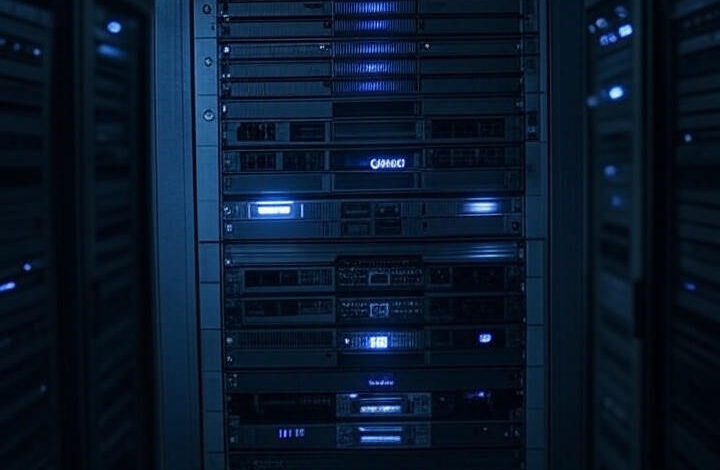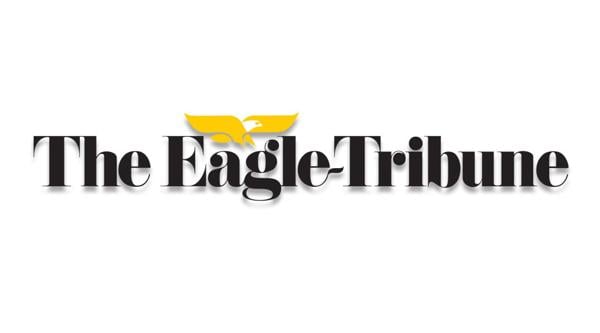Quad9 Faces Court-Ordered Piracy Blocks: An Existential Threat

UPDATE: Quad9, a Swiss nonprofit DNS provider, is facing an urgent crisis as court-ordered piracy blocks threaten its operations. New orders from France demand that Quad9 restrict access to numerous piracy sites, prompting officials to label this an “existential threat” to the organization’s mission.
This alarming development highlights the ongoing battle between digital rights and corporate interests, as Quad9 emphasizes its role in promoting internet freedom. Founded in 2017, Quad9 has become known for its privacy-focused domain name system service, routing user queries while blocking malicious domains. However, these new legal mandates could jeopardize its commitment to user privacy and security.
In May 2024, the Paris Judicial Court mandated that major tech companies, including Google and Cloudflare, block access to pirate sports streaming sites. Following this ruling, additional orders have targeted Quad9, driving the nonprofit into a corner. According to a report from TorrentFreak, rightsholders, including sports broadcasters and music labels, are now demanding DNS providers like Quad9 censor access to alleged infringing content.
Quad9’s General Manager, John Todd, voiced strong concerns in a recent statement, declaring, “We’re not in the business of content policing.” Todd emphasized that complying with these orders could undermine the organization’s mission and expose it to continuous legal battles.
The implications are serious. Quad9 has been embroiled in multiple lawsuits with rightsholders since its inception. In 2021, an injunction from the Hamburg Regional Court forced Quad9 to block a site linking to pirated music. Although Quad9 ultimately won its appeal in 2023, it incurred significant legal costs in the process.
As these piracy blocking trends escalate, Quad9 is being forced to adapt its operations. The French court orders require it to implement geofencing, limiting restrictions to specific countries. However, Todd explained that this complicates their core function of secure DNS resolution. “We’re being dragged into content disputes that have nothing to do with our core function,” he stated.
The conversation around these developments is intensifying, with industry insiders warning that targeting DNS resolvers poses a significant risk to the open internet. Experts caution that if Quad9 complies, it may set a dangerous precedent for other DNS providers, potentially leading to widespread censorship.
Quad9 operates under strict Swiss privacy laws, which provides some protection against these demands. However, recent cases in France are testing these legal boundaries. Non-compliance could result in fines or even the shutdown of the organization, a grim reality for a nonprofit reliant on donations and partnerships.
The financial strain is evident. With ongoing legal fees, smaller providers like Quad9 may face bankruptcy, consolidating DNS control into the hands of larger entities. This could reduce competition and further threaten the principles of an open internet.
Current industry responses reflect a growing concern over these developments. While companies like Cloudflare argue against such blocks citing free speech issues, rightsholders maintain that these measures are necessary to combat rampant piracy, especially in live sports streaming.
As the legal landscape continues to evolve, Quad9 remains committed to its mission. The organization continues to offer services like 9.9.9.9 for secure DNS resolution, urging support for an open web in the face of mounting pressure.
The situation is fluid, and the implications of these legal battles could reshape the future of DNS providers. As discussions ramp up on social media platforms, including X, users are questioning whether DNS providers will become unwilling censors or if courts will recognize their neutrality.
Quad9 is calling for public support as it navigates these challenges. The outcome of this fight is crucial, not just for Quad9 but for the broader principles of innovation, privacy, and intellectual property in an increasingly contested digital landscape. Stay tuned for updates on this developing story.






